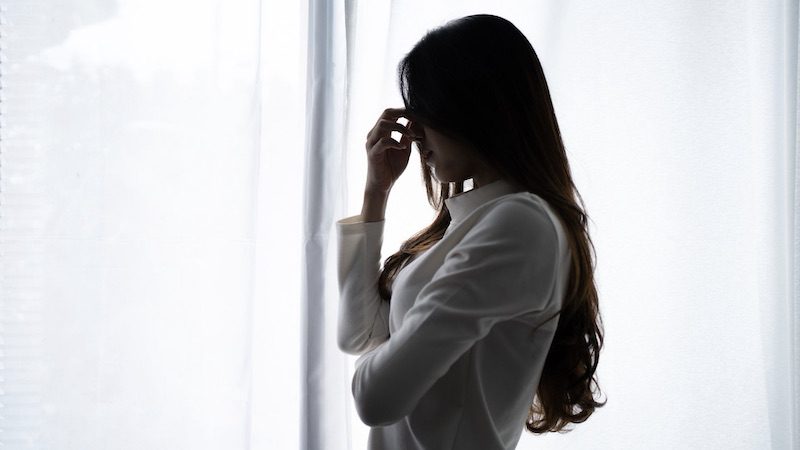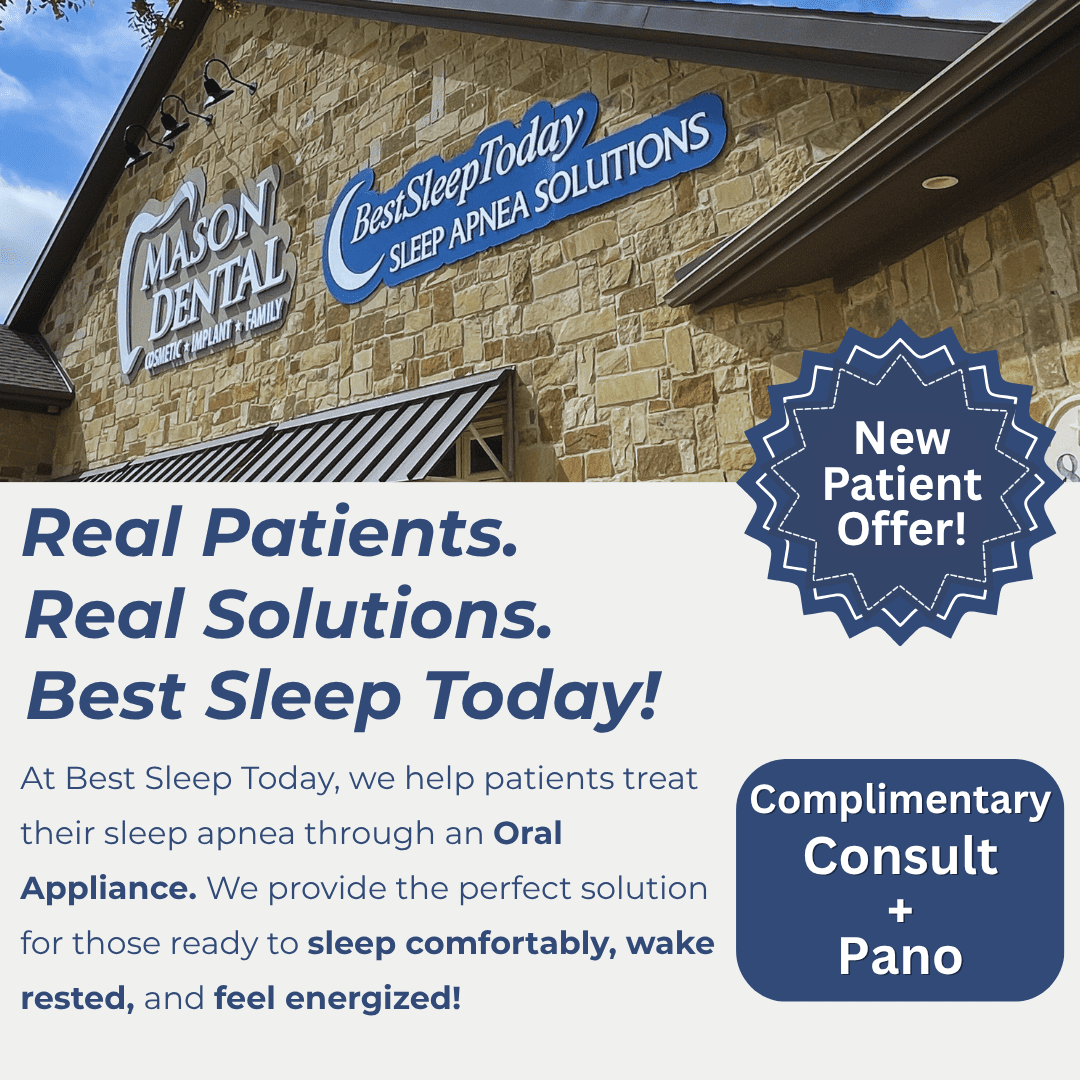Are you battling persistent depression, overwhelming fatigue, or feelings of hopelessness that just won’t lift despite treatment? The answer to your mental health challenges might not be found solely in therapy or medication—it could be hidden in how you breathe while you sleep.
The Unseen Connection: Sleep Apnea and Mental Health
Sleep apnea—a condition where breathing repeatedly stops and starts during sleep—affects millions of Americans, yet remains significantly underdiagnosed. What many don’t realize is how profoundly this sleep disorder can impact mental wellbeing.
“Sleep is the foundation upon which mental health is built,” explains Dr. William Dement, founder of the Stanford Sleep Disorders Clinic. “When sleep architecture is repeatedly disrupted by breathing disturbances, virtually every aspect of psychological functioning can be affected.”
How Sleep Apnea Affects Your Brain and Mood
When you have sleep apnea, your breathing pauses repeatedly throughout the night—sometimes hundreds of times—each interruption causing a brief awakening that you likely won’t remember. This creates a chain reaction of physiological responses:
- Oxygen Deprivation: Your brain experiences repeated drops in oxygen (hypoxia)
- Stress Hormone Release: Your body releases cortisol and adrenaline with each breathing interruption
- Fragmented Sleep: You’re prevented from reaching or maintaining restorative deep sleep
- Inflammation: Chronic sleep disruption triggers inflammatory processes throughout the body, including the brain
Research published in the Journal of Clinical Sleep Medicine found that people with sleep apnea are 5 times more likely to experience clinical depression than those without the condition, even when controlling for other risk factors.
Signs Your Mental Health Issues Might Be Sleep-Related
If you’re experiencing any of these symptoms alongside mood problems, sleep apnea could be a contributing factor:
- Waking with headaches or feeling unrefreshed despite a “full night’s sleep”
- Excessive daytime sleepiness or fatigue that doesn’t improve with rest
- Difficulty concentrating or remembering things
- Irritability and mood swings that seem disproportionate to situations
- A partner reporting that you snore loudly, gasp, or stop breathing during sleep
- Depression symptoms that haven’t responded well to traditional treatments
Breaking the Cycle: Treatment Options Beyond CPAP
While CPAP (Continuous Positive Airway Pressure) machines are often prescribed for sleep apnea, many people struggle with using them consistently. Fortunately, there are alternatives that may be more comfortable and equally effective for many patients.
Oral appliance therapy offers a non-invasive, comfortable alternative that:
- Gently repositions your jaw and tongue to maintain an open airway
- Allows complete freedom of movement during sleep
- Requires no masks, hoses, or machines
- Is easy to travel with and maintain
For those with mild to moderate sleep apnea, research shows oral appliances can be just as effective as CPAP in improving both sleep quality and associated mental health symptoms.
Starting the Conversation With Your Healthcare Provider
If you suspect sleep apnea might be affecting your mental health, consider these steps:
- Document your symptoms: Keep a sleep and mood journal for two weeks
- Ask specifically about sleep testing: Request a sleep study or home sleep test
- Discuss treatment options: Ask about alternatives to CPAP if traditional therapy seems daunting
- Consider a multidisciplinary approach: Both your mental health provider and a sleep specialist can work together for optimal results
The Potential Mental Health Benefits of Treating Sleep Apnea
When sleep apnea is effectively treated, many patients report significant improvements in their mental health, including:
- Reduced symptoms of depression and anxiety
- Improved energy levels and motivation
- Better cognitive function and memory
- Enhanced emotional regulation
- Reduced need for certain psychiatric medications (always consult with your doctor before changing any medication regimen)
A 2019 meta-analysis published in the Journal of Clinical Psychiatry found that treating sleep apnea led to a 31% reduction in depression symptoms—comparable to the effects of many antidepressant medications.
Don’t Settle for Partial Improvement
Too often, mental health symptoms are treated in isolation, without addressing potential physical causes. If your treatment hasn’t brought the relief you hoped for, it might be time to investigate your sleep.
Remember: Quality sleep isn’t a luxury—it’s essential for mental health recovery and maintenance. Treating sleep apnea could be the missing piece in your mental health puzzle.
Best Sleep Today – Your Best Next Step
If you’re interested in exploring whether oral appliance therapy might help address both your sleep apnea and mental health concerns, Dr. Scott Mason and the team at Best Sleep Today offer complimentary consultations to discuss your options.
Together, they will walk you through the steps for getting a sleep test, diagnosis, and an oral appliance if necessary. They will work with you and your PCP the whole way to ensure your total health is prioritized!
You can reach Dr. Mason’s team at Best Sleep Today through the following channels:
Click: BestSleepToday.com
Email: Office@bestsleeptoday.com
Call: 817-623-9699
References:
- Saunamäki, T., & Jehkonen, M. (2007). Depression and anxiety in obstructive sleep apnea syndrome: a review. Acta Neurologica Scandinavica, 116(5), 277-288.
- Gupta, M. A., & Simpson, F. C. (2015). Obstructive sleep apnea and psychiatric disorders: a systematic review. Journal of Clinical Sleep Medicine, 11(2), 165-175.
- Edwards, C., et al. (2019). Depressive symptoms before and after treatment of obstructive sleep apnea in men and women. Journal of Clinical Sleep Medicine, 15(5), 655-663.
- Povitz, M., et al. (2014). Effect of treatment of obstructive sleep apnea on depressive symptoms: systematic review and meta-analysis. PLoS Medicine, 11(11), e1001762.
- American Academy of Sleep Medicine. (2022). Clinical Practice Guidelines for Treatment of Obstructive Sleep Apnea.



